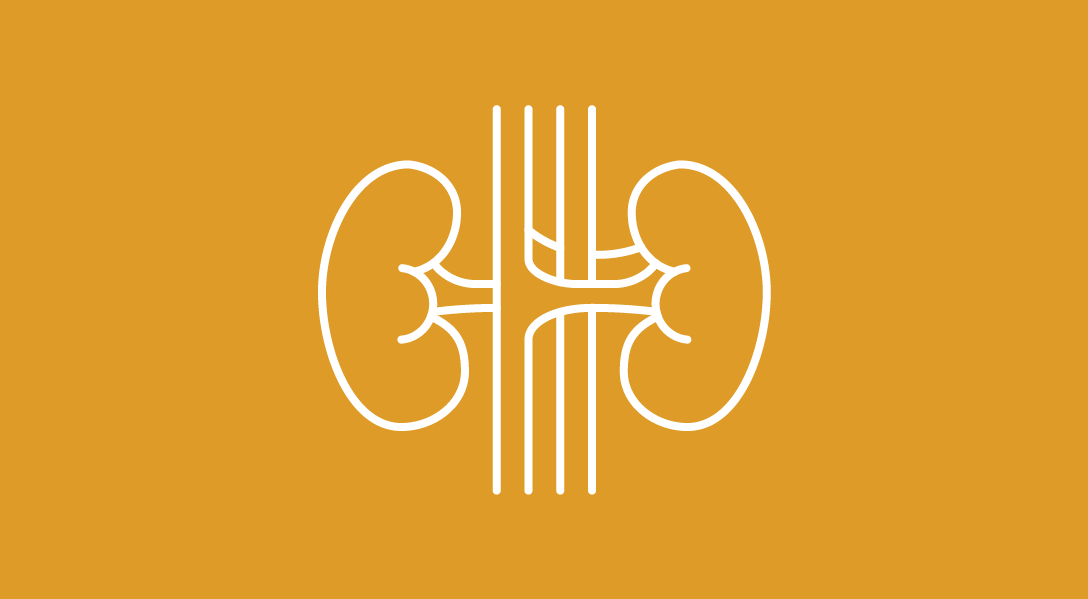12-Week Dosing Schedule for Ipilimumab/Nivolumab May Reduce Grade 3-5 TRAEs in Advanced RCC
A modified dosing schedule may make treatment with ipilimumab plus nivolumab more tolerable for patients with advanced renal cell carcinoma.
12-Week Dosing Schedule for Ipilimumab/Nivolumab May Reduce Grade 3-5 TRAEs in Advanced RCC

A modified dosing schedule for ipilimumab (Yervoy) plus nivolumab (Opdivo) was associated with significantly lower rates of grade 3 to 5 treatment-related adverse events (TRAEs) among patients with intermediate- or poor-risk advanced renal cell carcinoma (aRCC), according to findings from the phase 2 PRISM trial (ISRCTN95351638) published in the Journal of Clinical Oncology.
Further, although the trial was not powered to compare the efficacy of the 2 different dosing schedules, the informal comparison of treatment groups does not suggest that the modified schedule reduces efficacy, according to investigators.
“The results of the PRISM trial establish the superior safety of [ipilimumab] dosing once every 12 weeks compared with once every 3 weeks, in combination with [nivolumab], in patients with aRCC,” study authors wrote. “Although a formal internal efficacy comparison was not possible, no meaningful differences between treatment arms were observed on the basis of informal comparisons.”
Key Findings
The study’s primary end point was the comparative frequency of TRAEs.
A total of 193 patients were randomly assigned to one of the dosing schedules for this trial. The modified dosing arm (n = 128) received a total of four doses of the following: 3 mg/kg nivolumab plus 1 mg/kg ipilimumab. This was administered every 12 weeks. Patients also received 240 mg maintenance nivolumab once every 2 weeks between the first and second combination doses, and 480 mg maintenance nivolumab once every 4 weeks between all other combination dose.
In the standard dosing arm (n = 64), patients received a total of four doses of the following: 3 mg/kg nivolumab plus 1 mg/kg ipilimumab once. They received each dose 3 weeks apart. In both arms, following those four doses, patients went on to receive 480 mg of single-agent nivolumab once every 4 weeks continuing thereafter, until disease progression, unacceptable toxicity, or participant choice.
Ultimately, the rate of grade 3 to 5 TRAEs was 32.8% among those who underwent treatment via every 12-week dosing schedule (n = 128) vs 53.1% with the standard dosing schedule (n = 64; OR, 0.43; 90% CI, 0.25-0.82; P = .0075).
Specifically, patients in the modified dosing arm experienced lower rates of colitis (3.9% vs 6.3%), arthralgia (1.6% vs 7.8%), serum lipase increase (1.6% vs 9.4%), and hypophysitis (0.8% vs 3.1%).
Further, the rates of toxicity-related treatment discontinuation were lower in the intervention cohort (22.7% vs 39.1%), and the median duration of treatment was longer (209 days vs 84 days).
The 12-month PFS rate with the modified dosing schedule was 46.1% (90% CI, 38.6-53.2).
Additionally, at a median follow-up of 21 months, the overall response rates were 45.2% vs 35.9%, with modified and standard dosing schedules, accordingly. Similarly, the median PFS rates were 10.8 months vs 9.8 months.
Significance
Ultimately, study authors concluded that these findings demonstrate that the 12-week dosing is more tolerable for patients than the standard 3-week approach.
They acknowledged that a clinical trial powered for toxicity, rather than efficacy, is unconventional. Yet, they argue that there is a basic for seeking to optimize an agent’s tolerability.
They went on to note that combined treatment with ipilimumab plus nivolumab is approved in the frontline setting to treat patients with intermediate- or poor-risk advanced RCC. Findings from the phase 3 CheckMate 214 study (NCT02231749) demonstrated the combination’s superiority over the previous standard of care, the VEGFR-targeted tyrosine kinase inhibitor, sunitinib (Sutent).
Besides merely reducing the occurrence of TRAEs, the modified dosing schedule may afford patients more flexibility and convenience by spreading out infusion times. This could potentially offer some patients heightened quality of life.
“The opportunity to optimize the dose and schedule of drugs, including immune checkpoint inhibitors, in cancer care to reduce cost, widen access, and improve safety is increasingly being recognized, as exemplified by initiatives such as the US Food and Drug Administration’s Project Optimus,” they wrote. “This randomized phase 2 trial serves as an exemplar of such efforts.”
Reference
Vasudev NS, Ainsworth G, Brown S, et al. Standard versus modified ipilimumab, in combination with nivolumab, in advanced renal cell carcinoma: a randomized phase II trial (PRISM). J Clin Oncol. Published online November 6, 2023. doi:10.1200/JCO.23.00236



